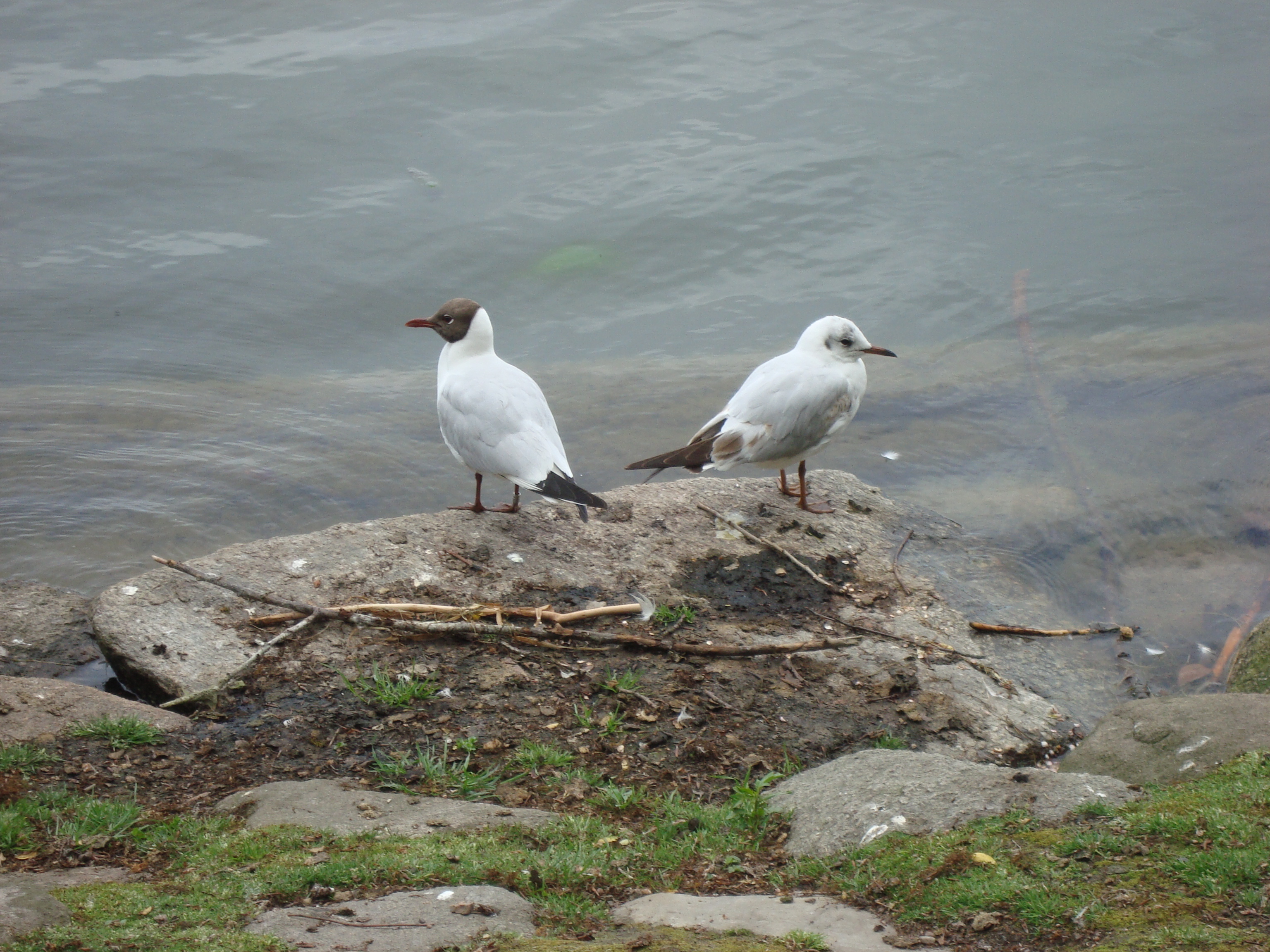Archive for Month: November 2015
Oceanic Waste

The Jornal Nacional yesterday (03/11/2015) presented a subject on the pollution in the oceans. It is worth watching the video and the article in the link below:
Pesquisa descobre para onde lixo jogado nos oceanos é arrastado
I have been commenting on this subject since my master’s degree and would like to draw attention to the subject. Did you know that 80% of this waste originates from the continent? Only 20% comes from boats. Tons of waste produced daily in our cities reach the rivers and the rivers reach the oceans. From micro-waste, people do not give a damn about discarding on the floor, like bullet paper and cigarette butts, to trash bags that are simply dumped on vacant lots, sidewalks, or even directly into bodies of water.
The accumulated waste in the oceanic turns already exceed twice the territory of Brazil !! For every 1kg of plankton (“aquatic ecosystem food”) there are 6kg of marine waste, mostly plastic. In addition, seaweeds are responsible for the production of 55% of the oxygen released on the planet. Forests also produce oxygen but the vast majority is consumed right there, so we depend on the ocean to breathe!
The situation is dramatic but how can we help?
First, reduce your waste production and consumption! Avoid using plastic bags and disposable materials, such as plastic cups. Always carry your mug with you! I have a small metal mug that I leave in the bag, it is light and easy to carry. Take your ecobag also with you, so you can always refuse the plastic bags. Plan your meals and buy only the necessary, avoid wasting food. These and other actions will greatly reduce waste production.
If the residue has been produced, separate it for recycling or composting. In my house I divide into 3 fractions: recyclable, organic and tailings (material that can not be recycled or composted). By doing this separation you will be surprised by the reduction in the amount of tailings produced and that goes to the landfill. The challenge is to produce less waste, recycle and compost the rest and send as little as possible to landfills! If everyone does their part, we can do it! It’s not difficult, it’s like incorporating a new habit. After a few days it will be part of the routine, such as brushing teeth.
A few more tips: by separating waste for recycling, reducing material volume, kneading plastic bottles and keeping everything clean and dry, this will facilitate transportation and sorting. Cardboard boxes should also be disassembled. The more organized the waste is, the easier it will be to triage the waste collectors’ cooperative. So I still organize paper, metal, glass and plastic. Take your own packaging to organize your waste.
In relation to the organic you can destine them to a homemade compost or minhocário and later use the fertilizer in your pots or donate to the friends. The wormwood you can buy ready for use, with the worms that will speed up the composting process, in two months you will already have your fertilizer. Or you can opt for a homemade compost without earthworms. You can use plastic boxes or olive bottles or other plastic containers that you have at home, put some dry soil and alternate with organic matter, dry leaves and soil. Keep the organic material always covered so you will not have problems with insects!
If you need help or have any questions about recycling and composting contact me, I am at your disposal!
Verônica Polzer


 Português
Português
Recent Comments